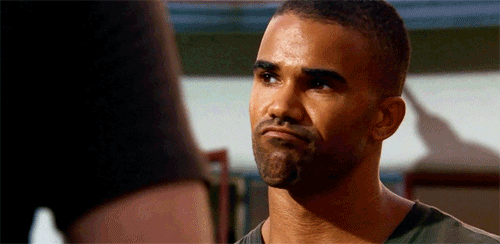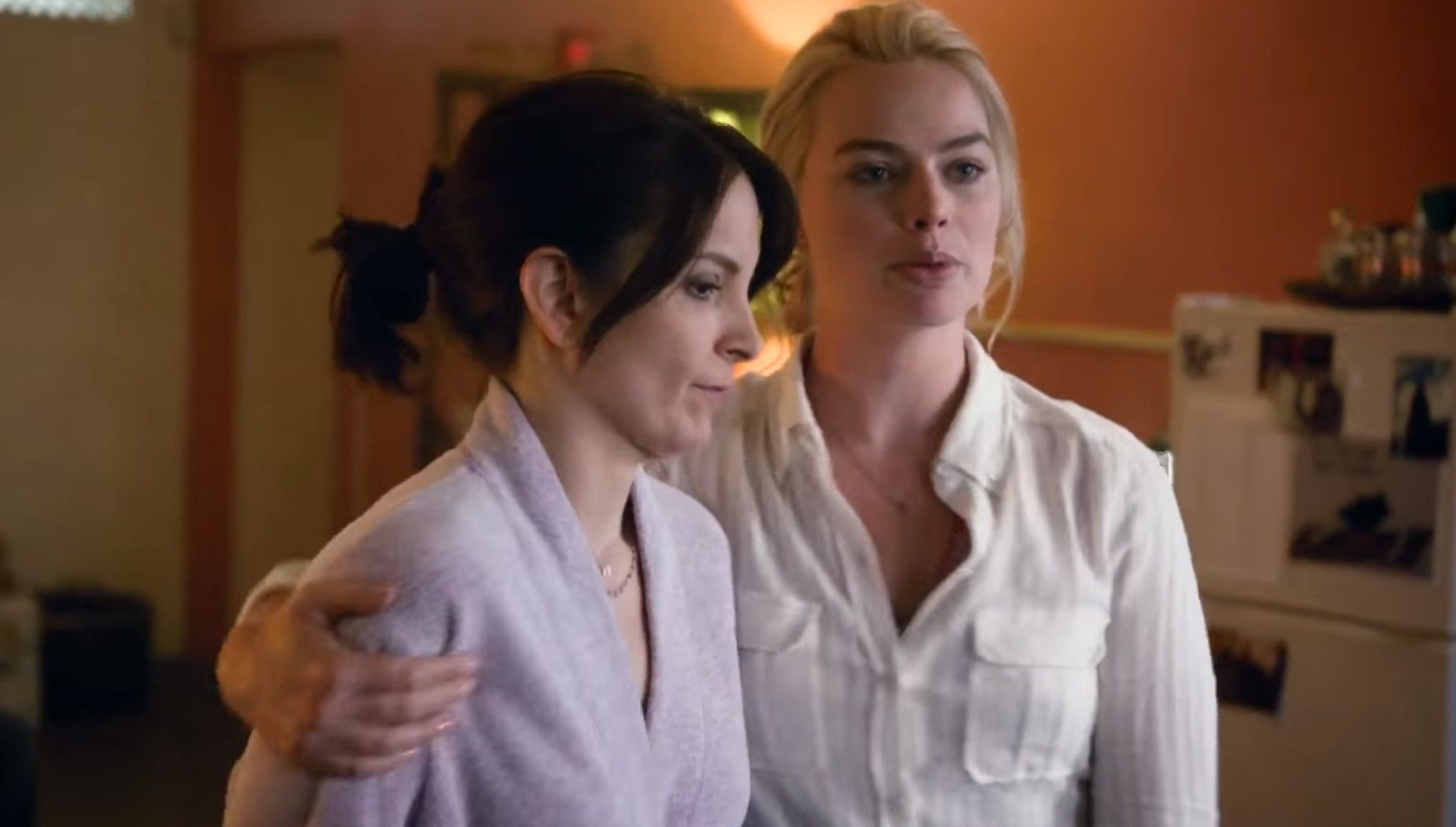Like many other college students, I am a survivor of campus sexual assault. Several of my friends are survivors of campus sexual assault. Many of my peers probably are, too, although I wouldn't necessarily know it.
![]()
Campus sexual assault has grown into a ubiquitous media topic. People cheered Rolling Stone for their jarring profile of sexual violence on a campus, then booed them when they found out about the fact-checking mistakes in the piece. Women spoke out about Bernie Sanders'view on campus sexual assault policies for victims. Victims of campus assault have spoken out and become well-known spokespeople for the cause, including Emma Sulkowicz, best known as the woman carrying her mattress around campus.
So when Vice President Joe Biden introduced Lady Gaga's performance of "Til It Happens to You" at the 2016 Oscars, my heart jumped in my chest. They're talking about it again. About us. About survivors, I thought.
Change can only happen if, as a society, we are willing to first admit that there is a problem. Then we have to be willing to take a hard look at current policies and see where we can make changes. The reason that change is often so slow-going is because we have a hard time accepting the fact that current laws or societal practices are allowing something terrible to happen. And that's if people even get to the point where they're willing to face that something terrible is happening in the first place—which people seem to have an especially tough time doing when it comes to sexual assault.
Lady Gaga's performance comes at a time when the public is already fighting over whether or not to support Kesha. There have been words of encouragement from music industry professionals, as well as shaming of industry professionals who didn't say anything. Throughout, the debate has been heated: Is it important for other industry professionals, especially other women, to publicly defend Kesha?
That's what Lady Gaga's "Til It Happens To You" means to me. It means a public show of support for the same cause that Kesha is fighting against: rape culture. It's a vehicle for voices to be heard and for a culture of change to emerge. She invited sexual assault survivors on stage with her, and allowed her personal experience, as well as the experiences of her fellow suvivors, to become a part of a larger conversation. Her family didn't even know she was raped until after her performance.
Gaga's performance also raises some questions about campus sexual assaults versus sexual assaults that take place outside a college setting. But these questions, which are often brought up to detract from the movement to end campus sexual violence, don't do anything to help survivors. Playing a numbers game and focusing on statistics just takes the focus off what is really important, which is supporting survivors.
As someone who has written about being a survivor, I completely understand why many survivors don't open up about their experiences. Like the backlash in the wake of Kesha's case shows, there is an intense vulnerability related to telling the world—even just a small fraction of the world—that you're a survivor. At worst, you open yourself up to a media circus if your work goes viral, and can even expect that someone might write their own piece bashing what you have to say and ruthlessly scrutinizing your credibility with every available avenue.
It's not required of survivors to put themselves out there in this way. No survivor should ever feel ashamed of not telling anyone about what happened, especially not in such a public way, like a viral personal essay, a performance at the Oscars, or a very public performance art piece. But we do need to recognize the fact that when survivors do put themselves out there, and choose to risk that widespread negative feedback, they are brave. Lady Gaga, and every survivor who stood with her, is brave for putting something so personal into the world and making it political, making it about the broader conversation of "How can we stop this from happening to others?"
Lady Gaga, by simply performing, was supporting Kesha and the entire movement to support of survivors and end rape culture. Kesha, by speaking out and saying how much she appreciated Gaga's performance, was taking a risk to support that movement, too, and she ended up being silenced for it. This is the rape culture that we live in, where survivors tell their stories and are silenced.
Still, I find it comforting that Gaga performed this song. It just goes to show how our culture is changing. Survivors are talking about their experiences publicly more often, and Lady Gaga's performance was arguably one of the most public and exciting examples of this. She's a well-known and respected musician, and she brought this issue to light during an event as widely watched and celebrated as the Oscars.
I hope that Gaga's performance and the last few years of focused media attention about sexual violence are going somewhere. I hope we continue to ask questions about why so many survivors don't report their assaults; why survivors are silenced by law enforcement, the legal system, the media, their friends and their families; why survivors are so harshly scrutinized by the public when they step forward about what happened. I hope that more survivors, who feel safe and psychologically ready, talk about their experiences in the public eye and aren't silenced or shamed, but rather supported.
Kesha's case and Gaga's performance are part of the gaining traction. Let's keep the momentum going.



































































